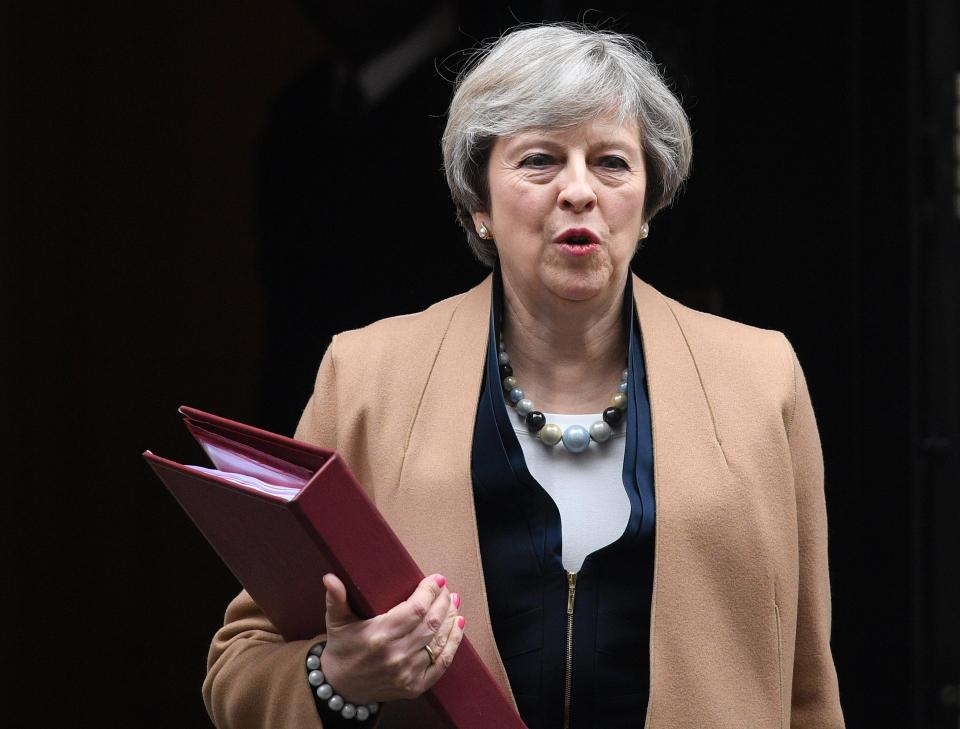Article 50 will be triggered
March 14, 2017 | Expert Insights

When will PM May’s government begin BREXIT processes?
On the 14th of March, the government of the United Kingdom finally won approval from Parliament after months of debate on whether to allow Prime Minister Theresa May to trigger the nation's voluntary exodus from the E.U.
Brexit Minister, David Davis hailed the parliament's approval and said that finally there is backing from parliament to ‘get on with the job of leaving the E.U', stressing that this could be the key event for the generations to come. May and her government will trigger Article 50 by the end of this month. The lower and upper houses agreed to pass the legislation on unchanged.
What does Article 50 state?
- The Lisbon Treaty came into effect in 2009 after Portugal's proposed exit from the European union. It was signed by all EU states and was the first legally binding document outlining member states leaving the Union. It is one of two treaties which form the constitutional crux of the organization.
- The Lisbon Treaty is a five part, less than 300-word document which provides a set of processes a nation must comply with to guarantee a voluntary departure from the European Union. Article 50 states: "Any Member State may decide to withdraw from the Union in accordance with its own constitutional requirements.
- "The Article highlights that a member state leaving, must notify the European Council of its intent and then only can the negotiation processes begin. When triggered in the case of the U.K, it will commence a two-year period with a set deadline to leave the E.U. If a deal is not struck in that time, all laws and treaties will cease and the U.K will be cut off from the organization.
What does this entail for the U.K?
- The triggering of the Article will be in the form of either a physical piece of writing or any kind of exchange deemed suitable by the European Council. The letter will be sent to the head of the European Council.
- There are no examples to learn from history as to what the protocol is besides from Greenland in the 1980's, The U.K are in truly uncharted waters. The letter should contain the formal request of the U.K in May's name to leave the European Union. Next would come the Head of the European Council, Donald Tusk's response. This Tusk said this would take less than two days and give the guidelines of negotiation processes of the future.
- He will then set the date for a meeting of all member nations which will see the guidelines reach their end and the tenets the members would like to see upheld. This summit is central to the process in the future. After the summit, itself, the U.K will draw up directives based on cues taken from the E.U and then send it back to them for approval.
- This outlining of the mandate will unearth political tensions and allow nations to choose if it is a ‘hard BREXIT' or ‘soft BREXIT', depending on what is allowed by the council. The mandate's core will be a long-drawn-out process of negotiations which could last a year. When both sides agree on a mandate, this will allow a final decision on the exit package and the free trade agreement.
Assessment
The U.K has taken its first step to enact BREXIT and with Parliament finally behind the government, there might be an improvement in the overall working out of the deal. The timeline is still murky but once triggered, May and her government must act quickly to ensure no procedural delay and the possibility of a termination. With the upcoming elections in France and the Netherlands, the stance of the E.U with the U.K might prove to be crucial in how the people of those nations choose their political futures.








Comments